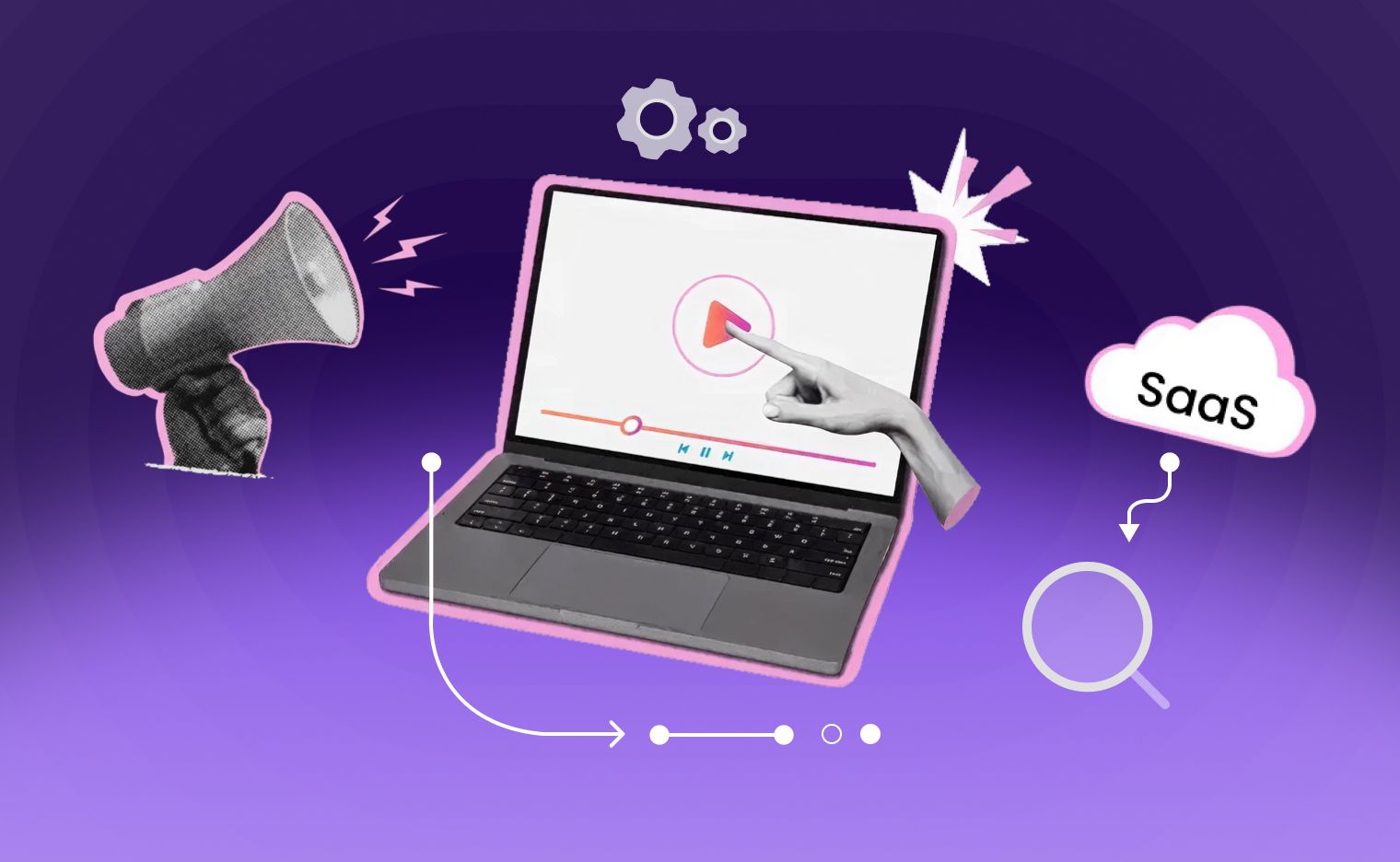
These are 5 important ways in which your company can be transforming the customer experience through AI-powered insurance services:
Can you believe that the customer experience of an insurance product can be improved by a whopping 95% with the use of AI? Results of a study conducted by Forbes indicated this, while simultaneously enhancing other aspects of the insurance product like claims processing. There's no doubt that the buzz about AI has reached in creation of insurance app/product and the impact of AI on the future of insurance will be long-lasting.

1. Chatbots and Virtual Assistants

Imagine your car suffered damages from a collision in the middle of the night and you need guidance in filing a claim. AI-powered virtual assistants which are available 24/7 can help you throughout the entire claims process. Besides, incorporating AI chatbots in insurance also helps in promptly resolving queries, providing quotes, and processing policy changes. Reliable guidance in the claims process is especially important since users are already distressed by an unfortunate event occurring in their lives such as an accident where their vehicle is damaged. Such events can occur during any time of the day and the user would need prompt help and support. It can track frequent issues more efficiently by gathering user data and preventing the likelihood of such issues from occurring again.
However, it is important to note that chatbots cannot be a complete replacement for human support, especially in the insurance sector. Not all users in times of distress would prefer talking to AI chatbots in insurance. Human customer service representatives can significantly reduce the stress and anxiety of the users with their empathetic responses.
2. Fraud Detection and Prevention
AI fraud detection in insurance can analyse vast amounts of data in a matter of a few minutes. Such insights help identify patterns indicative of suspicious or fraudulent activities. This prompt identification can help send alerts to insurance companies and policyholders in real time. This can prevent potential financial losses, mitigate risks and establish themselves as a reliable partner for their customers. This also safeguards policyholders from fraudulent claims.

3. Personalized Insurance Recommendations
According to a survey by Forrester, 77% of customers prefer companies that include personalized experiences in their services. Personalized insurance recommendations with AI are possible when AI algorithms analyse large sets of data by understanding user data that includes driving behavior, lifestyle habits, etc. This becomes easier when AI is partnered with another emerging insurance technology Internet of Things (IoT) that enables connectivity to devices such as fitness trackers and healthcare wearables. AI can fetch data directly from such devices and help implement the insights into products suited to individual users' needs. Tailoring the insurance to each user's specific needs helps reinforce that the company cares about the customer's well-being which increases customer retention and loyalty.

4. AI-Powered Risk Management
By leveraging large datasets and using predictive analytics, AI-powered risk management in insurance can assess risk factors and offer insurers valuable insights that will help them make informed decisions during the underwriting process. This is crucial considering that the underwriting process can involve errors or dishonesty by the applicant who manually fills the form, leading to incorrect risk assessment. Also, AI can continuously monitor data streams and assess risks in real time which helps insurance companies to respond quickly and revise policies.

5. AI-Powered Underwriting
Earlier, underwriting policies was one of the biggest hurdles that insurance companies faced since the process was long, complex, and plain tedious. It required manual evaluation of numerous factors to determine the insurability and pricing of a policy. Now, AI can accelerate the application processing time by automating the assessment of application forms, drawing relevant information, and cross-checking it with other databases. Additionally, AI can enable compliance checks and generate reports to ensure that the underwriting process fulfils the latest regulations and compliance requirements.
Conclusion
In conclusion, the impact of AI on the future of insurance is transformative and offers several benefits to both the insurance companies and policyholders alike. Still, companies should strike a balance between AI and human intervention. When AI is utilized ethically and responsibly, it can elevate the customer experience of the product and create a positive change.
Source:
https://uxmag.com/articles/how-much-personalization-is-enough-in-ux-design
Subscribe for Industry insights
Get cutting-edge design insights + Free pro
resources just for subscribing!
FAQ
AI-powered chatbots and virtual assistants offer 24/7 support, guiding customers through claims processes, resolving queries, providing quotes, and processing policy changes. While they enhance efficiency, it's essential to recognize that they can't fully replace human support, especially during times of distress.
AI analyzes vast amounts of data to detect patterns indicative of fraudulent activities, enabling real-time alerts to insurance companies and policyholders. This helps prevent financial losses, mitigate risks, and safeguard policyholders from fraudulent claims.
AI algorithms analyze user data, including driving behavior and lifestyle habits, to offer personalized insurance recommendations. Paired with IoT technology, AI fetches data from devices like fitness trackers to tailor insurance products to individual needs, increasing customer retention and loyalty.
AI leverages large datasets and predictive analytics to assess risk factors, offering insurers valuable insights for informed decisions during the underwriting process. It helps in real-time risk assessment, enabling quick responses and policy revisions.
AI accelerates the underwriting process by automating form assessment, data extraction, cross-checking with databases, compliance checks, and report generation. This reduces processing time, ensures compliance with regulations, and enhances overall efficiency.
More Insights


Nagar, Vanagaram, Chennai, Tamil
Nadu 600095, India
REGISTERED IN Chennai, INDIA.
"Global Team, Building for the world"







.jpg)





.webp)
.svg)